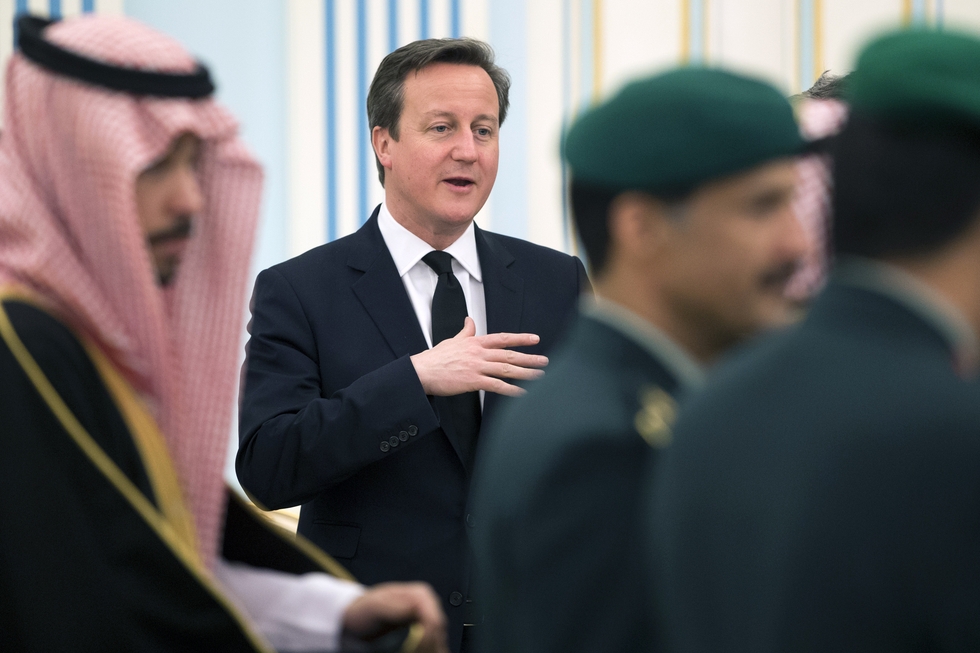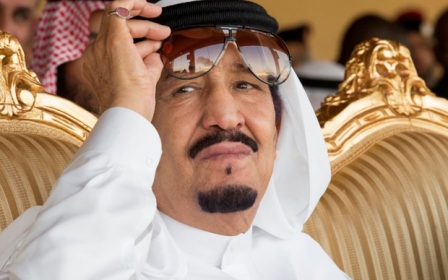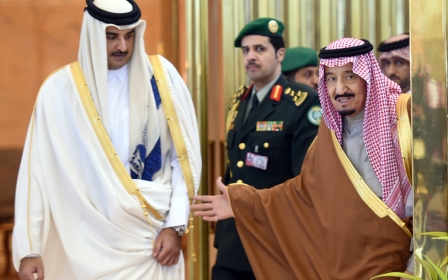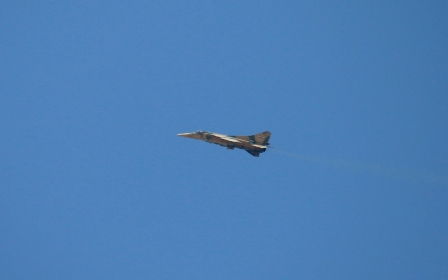Arab dictators stash money abroad? You don’t say

The Panama Papers have done the rounds in the international media, implicating countless private and public individuals who used law firm Mossack Fonseca to create shell companies and corporations registered in overseas tax havens to avoid paying taxes in their home countries, amongst other purposes.
Before continuing, perhaps it would be prudent of me to add this disclaimer: there are legitimate uses for offshore companies, foundations and trusts, and the contents of this article are not intended to imply that all of those mentioned in the leak are guilty of wrongdoing.
Now that that is out of the way, why are people surprised that Arab dictators, monarchs and oligarchs stash money abroad and invest capital in financial instruments and structures outside their respective territories and domains? Surely there are more pressing matters to deal with? Whilst it is certainly amusing to shine a bright light on the affairs of these quite secretive rulers and their families, I am fairly certain that this is not “news” in the traditional sense of the word.
Since these leaders were installed onto their thrones in the wake of World War I, or aided by foreign powers in attaining positions of power that they do not deserve, their attachment to Western systems of power, finance and wealth has been a key part of this relationship, and perhaps a major factor in ensuring their continued obedience to their true masters.
As such, surely no one is surprised that Arab rulers have vast amounts of wealth stockpiled abroad? What is interesting is that seemingly no one is bothering to consider that these Arab rulers are not beholden to their countries’ tax systems, as they created and control those systems. They are, after all, dictators wielding absolute power and authority that, barring a few scant examples from the Arab Spring, none would dare challenge or question.
Arab dictators are not “hiding” wealth abroad per se as they do not need to fear their own taxation authorities. After all, these are the same rulers who provide favourable tax conditions for, usually, European and American economic migrants (better known as “expats,” a more acceptable term for a more acceptable kind of migrant) to come to their countries and provide professional services, largely in the finance and banking sectors.
Instead, Arab sultans, kings and presidents calculatingly move wealth abroad in order to ensure their dynasties and families stay wealthy and privileged, even in the rare event that they are ousted by a revolution, a coup or any other “disaster”. It is quite obvious that it is not because they want to avoid paying taxes in countries they have absolute control over.
Iran and Hezbollah
However, and what is interesting in terms of the Middle East and international relations, is how Iran and its affiliated terrorist outfits and organisations that it helped create, support and arm, came to rely upon the same mechanisms that the Arab rulers and even Western intelligence agencies used, albeit for seemingly different purposes.
Up until recently, and related to its suspicious nuclear programme, Iran was subject to a slew of sanctions that were supposed to have cut it off from the main arteries of the international financial system. Nevertheless, a list of corporations and companies that were blacklisted by the United States government for their links to terrorism, and operated by people with links to Iranian and Hezbollah terrorism, appeared in the Panama Papers.
This provides evidence that, not only was Iran using international law firms to take advantage of complicated financial instruments to evade sanctions (not to mention its “gold trade” with Turkey), but that it was, again, aiding and abetting terrorist organisations by indirectly helping to finance them.
Remember when Iraq was accused of that and more, without evidence, and the US and Britain razed the country to the ground? Rather than raise questions about the wealth of Arab rulers, a known variable, these leaks provide food for thought about the real motives of international power players.
All elites are at it
Another serious issue raised by the Panama Papers is the nature of the corps d’elite in almost every society in the world. Although much has been said about Arabia, China and other places people naturally expect corruption in, the most awkward revelations are those to do with established democracies, particularly ones that are normally quite keen to be lecturing other countries on how to behave.
Seeing CIA bought-and-paid-for lackeys such as Iyad Allawi, former prime minister of post-invasion “democratic” Iraq, feature on a list of individuals who like to claim patriotism yet fail to put their money where their country is not surprising.
However, what is surprising is how those who advocate cracking down on tax evasion, criticise the tax affairs of private citizens and tell us how we are all “in this together,” then have the gall to state that potential tax evasion within their own family is a “private matter”. As Edward Snowden rightly mocked, David Cameron should be the last to talk about privacy when his government has been at the vanguard of crushing the British public’s right to it.
So while it is not surprising that dictators and opaque regimes have wealth stashed away on treasure islands, it should come as a surprise to democratic idealists that powerful individuals and their families who control or heavily influence democracies are acting in much the same way as more “exotic,” less democratic leaders thousands of miles away.
Elites who expanded their wealth in ways that some may deem as less than savoury act in much the same way in every society, their cultural differences notwithstanding. Perhaps that, more than anything else gained from the Panama Papers, is the greatest insight of all.
-Tallha Abdulrazaq is a researcher at the University of Exeter's Strategy & Security Institute, and winner of the Al Jazeera Young Researcher Award. He blogs at thewarjournal.co.uk and tweets from @thewarjournal
The views expressed in this article belong to the author and do not necessarily reflect the editorial policy of Middle East Eye.
Photo: British Prime Minister David Cameron attends a ceremony with dignitaries and leaders from around the world offering their condolences to new King Salman on January 24, 2015 at the Diwan royal palace in Riyadh. (AFP).
New MEE newsletter: Jerusalem Dispatch
Sign up to get the latest insights and analysis on Israel-Palestine, alongside Turkey Unpacked and other MEE newsletters
Middle East Eye delivers independent and unrivalled coverage and analysis of the Middle East, North Africa and beyond. To learn more about republishing this content and the associated fees, please fill out this form. More about MEE can be found here.





